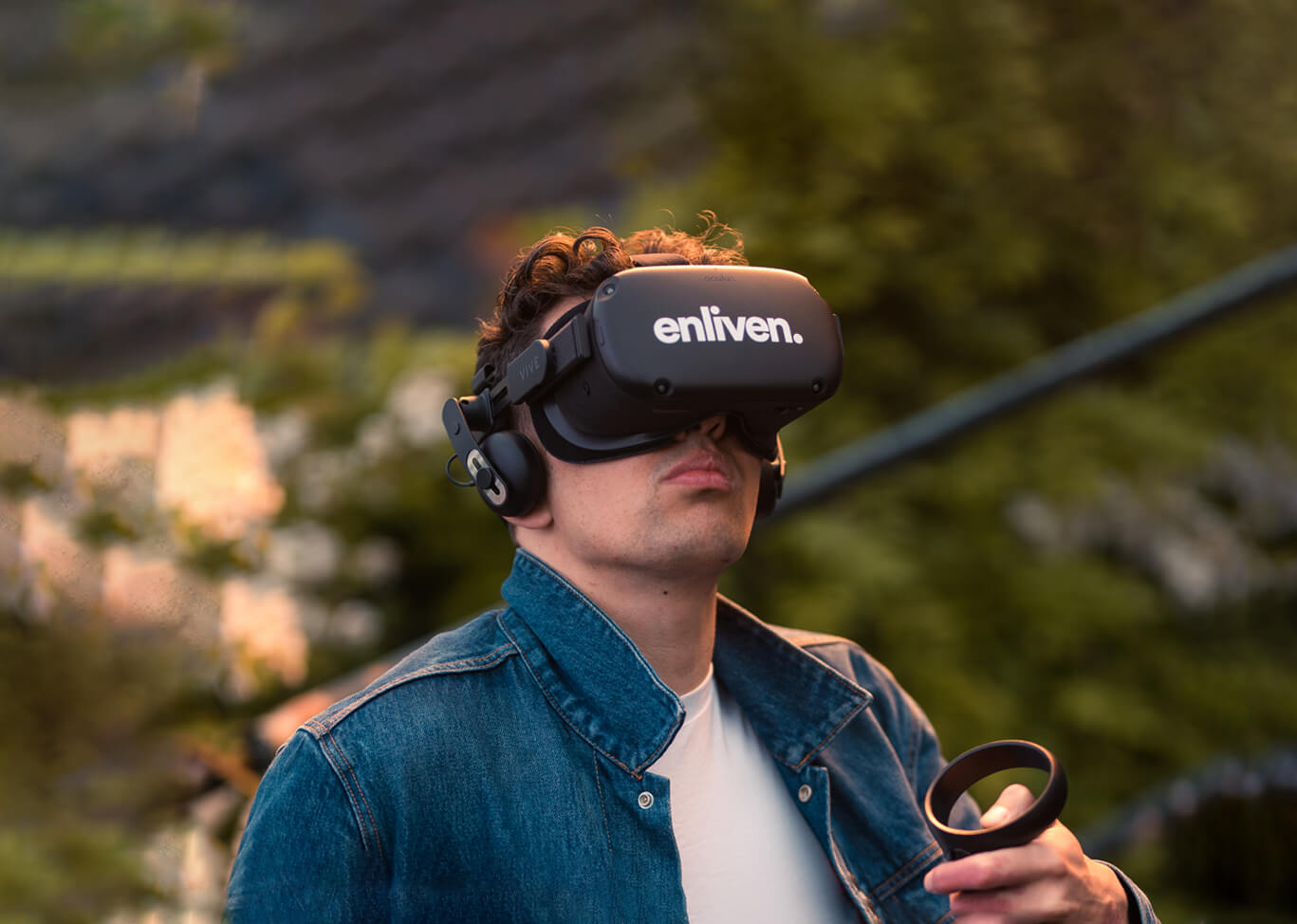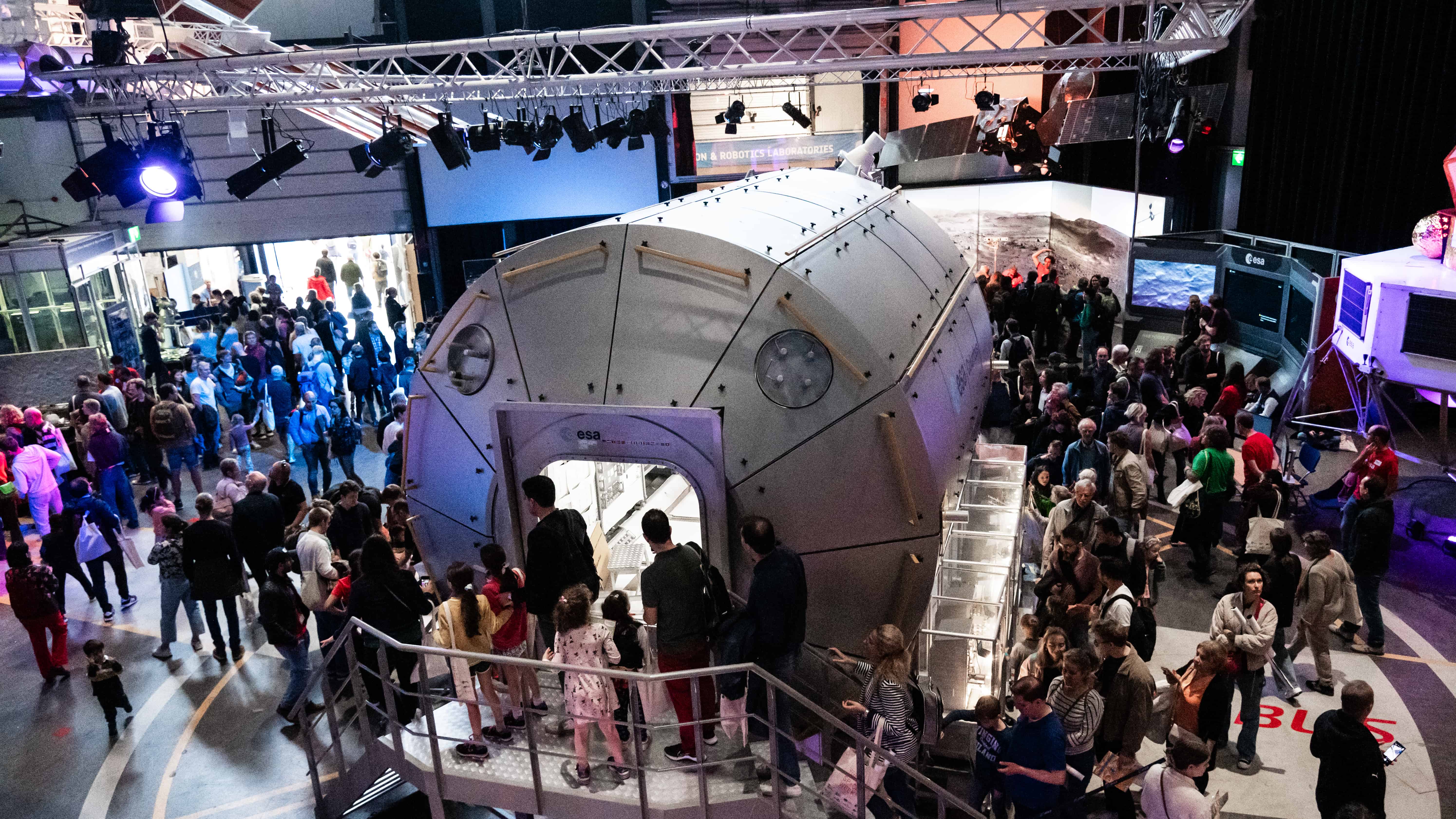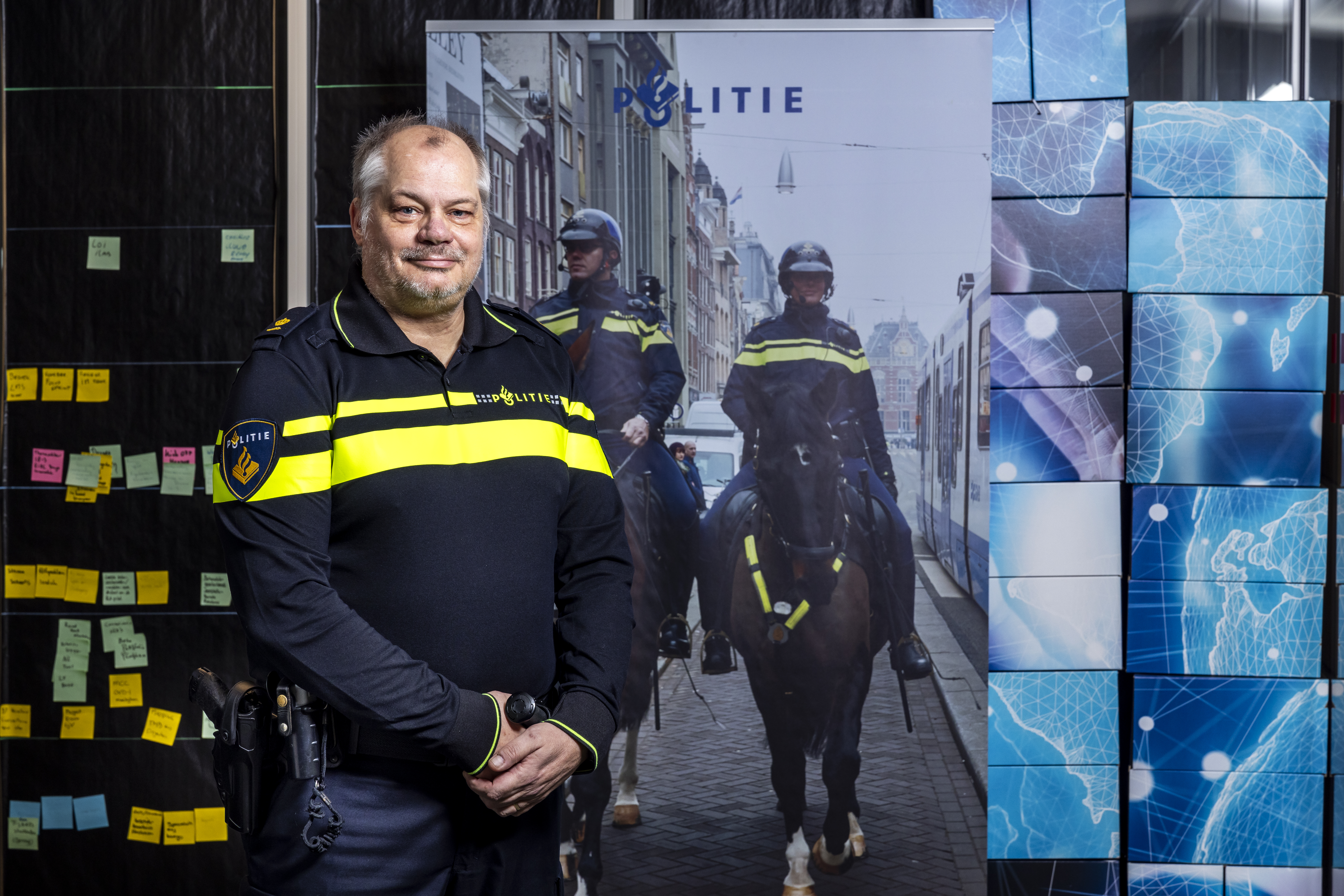
Gaming and the world of virtual reality are more than just fun. Whether it is about making children aware of cybercrime or improving communication within the army, gamification has great social value. That is the message of three speakers during the interactive lecture Innovating with simulations and serious gaming at the innovation conference MXT 2023 this week in Groningen.
Low-literate people
During the event, visitors were given a glimpse into the world of low-literate people through VR, among other things. About 2.5 million Dutch people are low literate. They have difficulty with math, reading, or using a computer or smartphone. As a result, this group of people, more often than average, experiences problems with everyday tasks such as payments. They also cannot always participate in fun activities. Ordering a ticket for a festival is already a big task, let alone the problems they encounter at the festival itself. How do you find your way if you can’t read the signs?
What do they need and how can they best be helped? “Professionals can much better put themselves in the shoes of this group of people if they actually know what it is like to participate in society as a low-literate person. You can experience that very well through VR,” says Peter Doorn, senior advisor at Biblionet Groningen. That is why the expertise center started Blic VR. By letting professionals, but also festival organizers and ‘ordinary’ people watch through VR glasses through other people’s eyes, they hope to make society more inclusive for the group of low-literate people.

Cyberheroes
HackShield was also present at the event in Groningen. The non-profit organization teaches children how to arm themselves against cybercrime through gaming. They learn through storytelling and assignments to recognize online perpetrators. HackShield works together with the police and the government, among others.
Serious business
Progress can also be made in the workplace through gaming, says Claudine Koers, Business Development Manager at GamingWorks. “Many organizations struggle with collaboration skills. Serious games are ideally suited to change that. We build games for the government, defense, and healthcare departments, among others.” For example, teams play The Challenge of Egypt, where they have to build a pyramid together and learn project management in the process.
In short: “Sometimes powerpoint presentations are simply superfluous”, concludes Koers during the closing panel discussion. “Tell yourself: would you rather learn by sitting back in a classroom, or would you rather play a game?”








